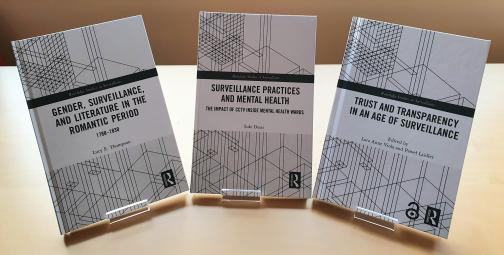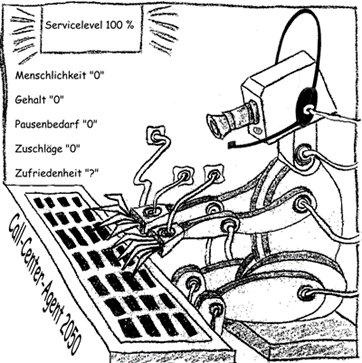We are delighted to let you know that 2021 saw three new titles published in the Routledge Studies in Surveillance book series, edited by CRISP. These titles feature the latest empirical and theoretical scholarship on surveillance. Congratulations to all of the authors!
Trust and Transparency in the Age of Surveillance is an edited collection of works curated by Lora Anne Viola and Paweł...














